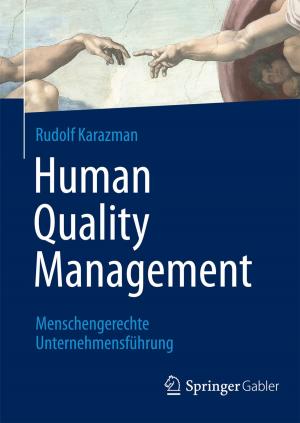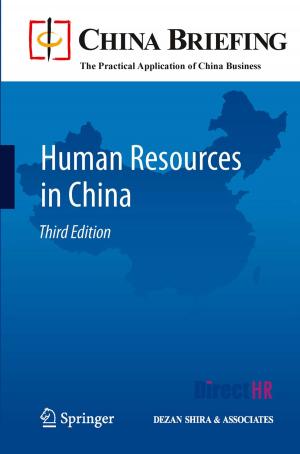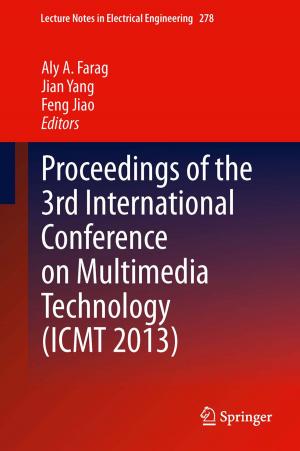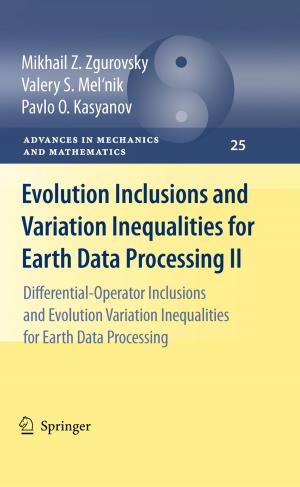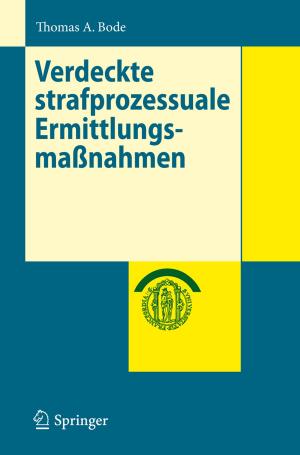Globalization and Cultural Self-Awareness
Nonfiction, Social & Cultural Studies, Social Science, Anthropology, Sociology| Author: | Xiaotong Fei | ISBN: | 9783662466483 |
| Publisher: | Springer Berlin Heidelberg | Publication: | April 30, 2015 |
| Imprint: | Springer | Language: | English |
| Author: | Xiaotong Fei |
| ISBN: | 9783662466483 |
| Publisher: | Springer Berlin Heidelberg |
| Publication: | April 30, 2015 |
| Imprint: | Springer |
| Language: | English |
This volume comprises some twenty articles, speeches and conversations of Fei Xiaotong from the late 1980s to the early 2000s. Their central connecting theme is how civilizations could co-exist against a backdrop of rapid globalization. Fei proposes his concept of “cultural self-awareness,” summarized in the axiom “each appreciates his own best, appreciates the best of others, all appreciate the best together for the greater harmony of all.” This is the result of many years of research and fieldwork, and represents a synthesis of his Western training and traditional Chinese thought.
Professor Fei Xiaotong was one of the most prominent Chinese sociologists and anthropologists in the last century, and a leading figure in Chinese intellectual circles. He was noted in the West for his Peasant Life in China, From the Soil and other works written during the 1930s and 1940s. His later important research and theoretical concepts, though extremely influential in China on both theoretical and practical levels, are almost unknown in international academia.
This volume comprises some twenty articles, speeches and conversations of Fei Xiaotong from the late 1980s to the early 2000s. Their central connecting theme is how civilizations could co-exist against a backdrop of rapid globalization. Fei proposes his concept of “cultural self-awareness,” summarized in the axiom “each appreciates his own best, appreciates the best of others, all appreciate the best together for the greater harmony of all.” This is the result of many years of research and fieldwork, and represents a synthesis of his Western training and traditional Chinese thought.
Professor Fei Xiaotong was one of the most prominent Chinese sociologists and anthropologists in the last century, and a leading figure in Chinese intellectual circles. He was noted in the West for his Peasant Life in China, From the Soil and other works written during the 1930s and 1940s. His later important research and theoretical concepts, though extremely influential in China on both theoretical and practical levels, are almost unknown in international academia.

